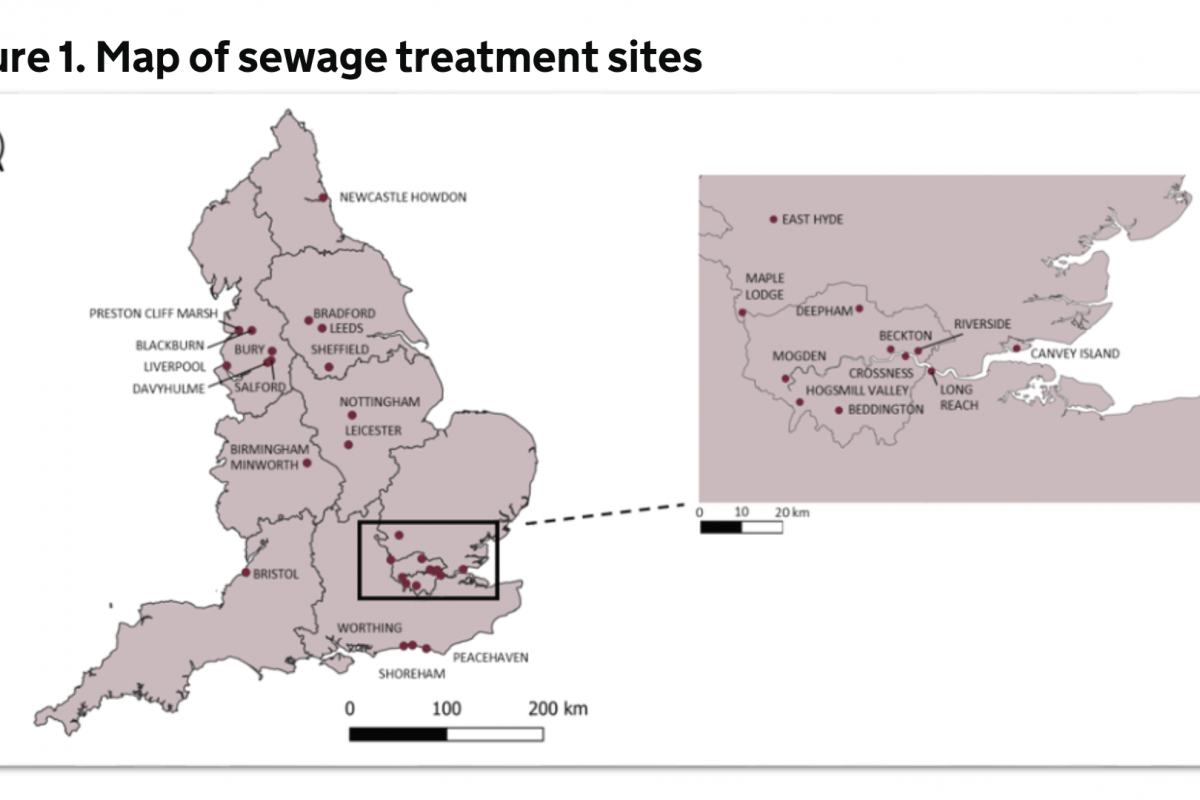London (Vax-Before-Travel News)
A new program in the United Kingdom will evaluate how wastewater monitoring could be used to detect a broader range of dangerous pathogens.
Announced by the UK Health Security Agency (UKHSA) on August 26, 2025, using £1.3 million of investment from the UK Integrated Security Fund, the project will assess the use of cutting-edge technologies to improve the UK’s ability to detect and identify the genetic material of various viruses in wastewater, tracking how the amount of virus detected changes over time.
This programme builds on the UK’s existing wastewater surveillance for polio.
In 2024, poliovirus-positive environmental samples were collected from Yorkshire, the Humber, the South East, and London.
So far in 2025, poliovirus has been detected from a sample collected from Shoreham STW.
Most of he poliovirus isolates found in the UK are genetically linked to several African countries, says the UKHSA.
If successful, this new program could enhance the UK’s capability to detect dangerous diseases, such as Crimean-Congo Haemorrhagic Fever, a severe disease endemic in Africa, the Balkans, the Middle East, and parts of Asia that has not been targeted in wastewater testing before.
Pat McFadden, Chancellor of the Duchy of Lancaster, commented in a media release, “Our first responsibility is to keep people safe, and the Biological Security Strategy and our new Resilience Action Plan set out how health security is an essential part of our national security.”
“This new cutting-edge wastewater monitoring project has the potential to be a valuable tool in our armoury – helping us prepare for and rapidly detect future outbreaks as we learn lessons from the pandemic.”
The programme will also explore the potential of these technologies to create an early warning system for pathogens such as Mpox, West Nile Virus, and Lassa, which could enable the UK to detect and take faster action on future outbreaks.
As of August 27, 2025, the WHO’s global polio emergency alert remains active.
The WHO, UKHSA, and the U.S. CDC recommend that international travelers be fully immunized against polio before visiting areas where the virus is endemic.
